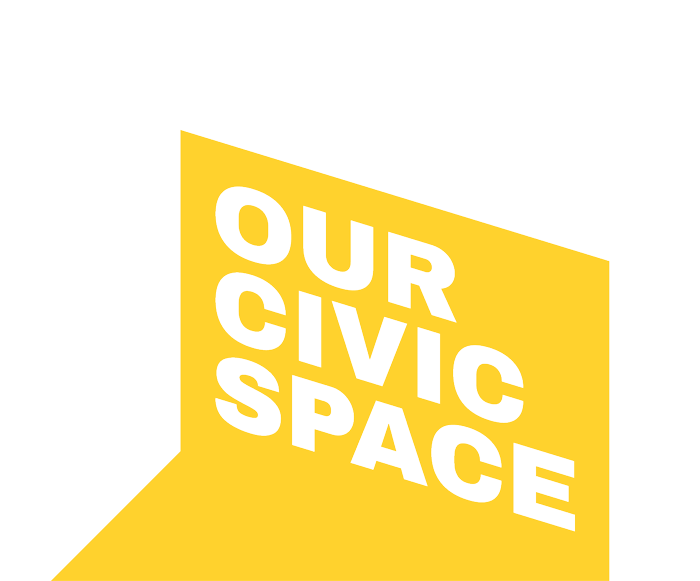Here To Stay International Training for Youth Workers
From 16 – 19 October 2021, the Here To Stay partnership hosted a training at the facilities of one of their members (FITT) in Timisoara, Romania. The central theme of the training was of course civic space and the central question was: How can you turn local communities into youth civic spaces? Twenty youth workers from the different partner countries took part in the training, which revolved around a toolkit that we have created as a partnership and can be found on this website shortly!
Check out the aftermovie below!
